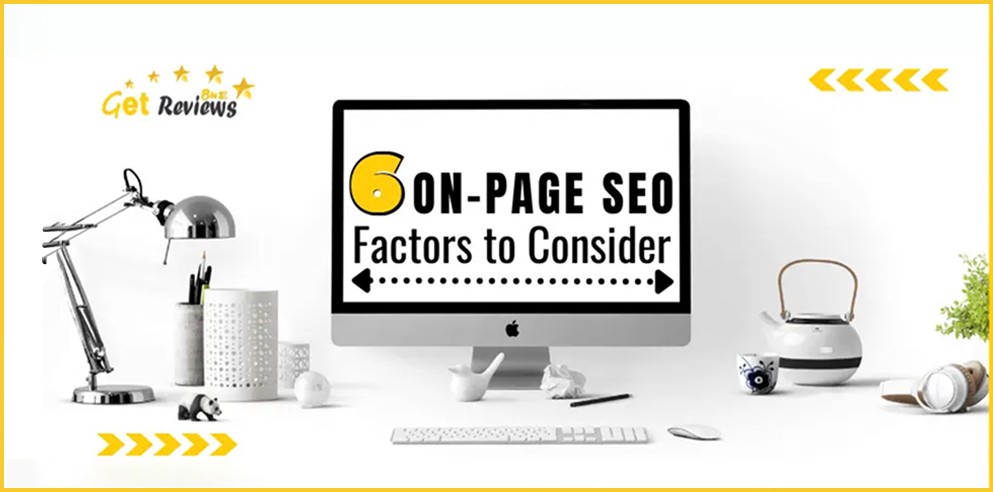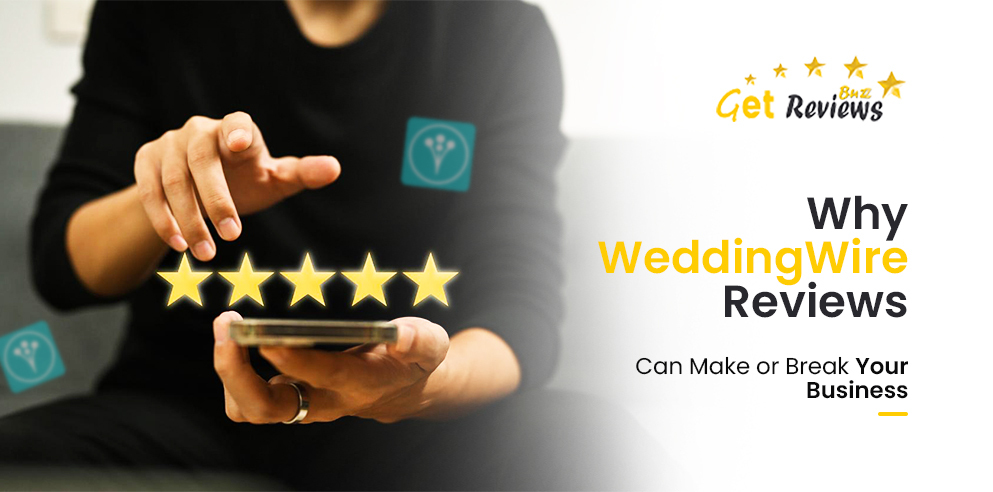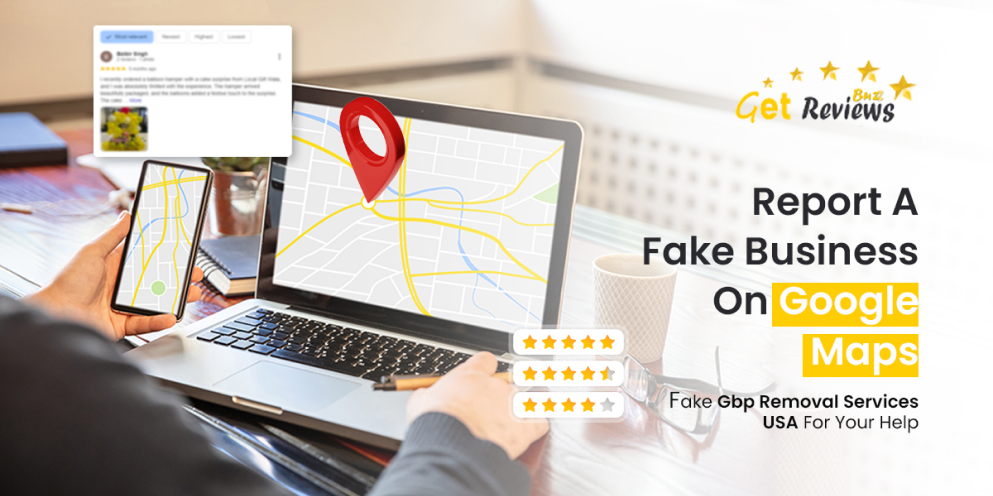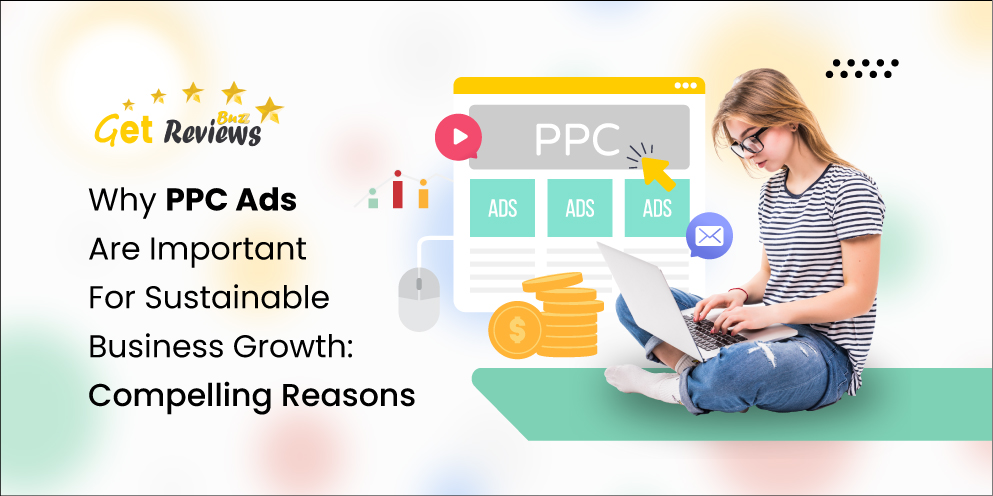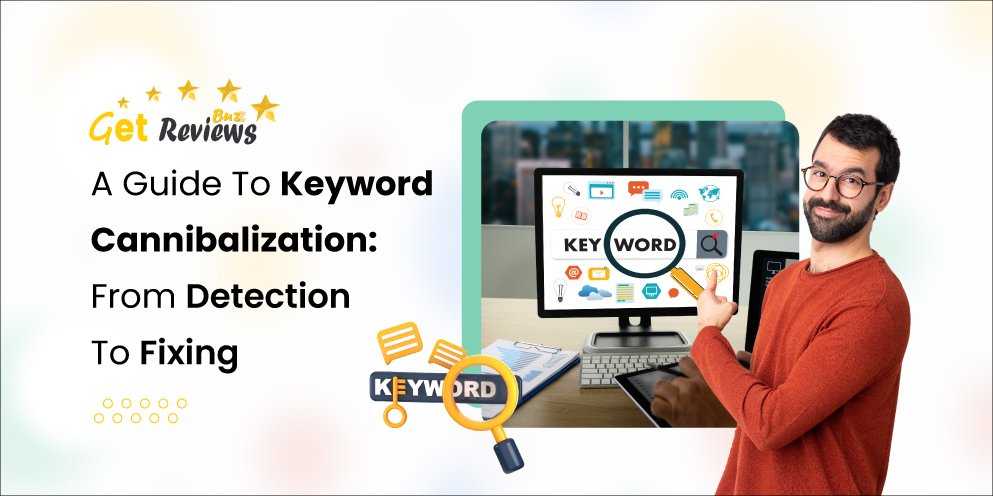In order to achieve higher rankings in natural search results and run successful SEO campaigns, you must use on-page SEO strategies. When you do not optimize your website for both search engines and users, you minimize your chances of attracting traffic from search engines. Here's everything you need to know about on-page optimization. You can improve your search engine rankings by following these tips every time you publish a new post.
On-Page SEO - what is it?
A website's content is optimized for search engines using on-page SEO (also known as on-site SEO). On-page SEO is about writing in the search engine's language and making your pages understandable to the crawlers. SEO that takes place on your own website is known as on-page SEO. You can control the quality of your content and the technical issues pertaining to your website if you own it. All of these factors are within your control, so we believe you should be able to handle them. You should never forget that if you create a fantastic website, it will rank. Your off-page SEO strategy will also be more likely to be successful if you concentrate on on-page SEO. Bad sites are tough to link to. It's not in anyone's interest to link to poorly written articles or sites that aren't working properly.What are the benefits of on-page SEO?
Search engines use on-page SEO to understand what your content is about by providing them with signals. Search engines attempt to associate web pages with keywords and search terms users type into search boxes during the indexing and ranking process. You can give them guidance regarding which keywords you want your pages to rank for through on-page SEO elements. On-page optimization refers to any changes made to a website in order to make it more user-friendly. SEO, which includes on-page optimization. Here are six factors to consider-Internal linking
With regards to on-page SEO, internal links are often overlooked. However, when you grow your website, it's important to build internal links. In this way, crawlers are able to discover and understand the content of your site and find new pages as a result of internal links. Your website's lack of internal links might hamper your users' ability to find helpful content on the site. It directly decreases your conversion rates if they are unable to reach it. In order to boost your on-page SEO, you can leverage internal links:- New posts should include links to relevant, existing content
- Integrating links from related content into new posts
Content
Ranking keywords requires quality content. Search engines are more likely to find your website if it has more content. The importance of content therefore cannot be overstated. White hat SEOers appreciate its significance. If you are writing content, then you should insert your keywords and use these techniques:- Include keywords in the first paragraph of the content
- Keywords in the article should be tagged reasonably with strong tags.
- It is very interesting to use keyword density. So repeating the keywords on the page is the most natural way to make them appear more frequently in the content.

